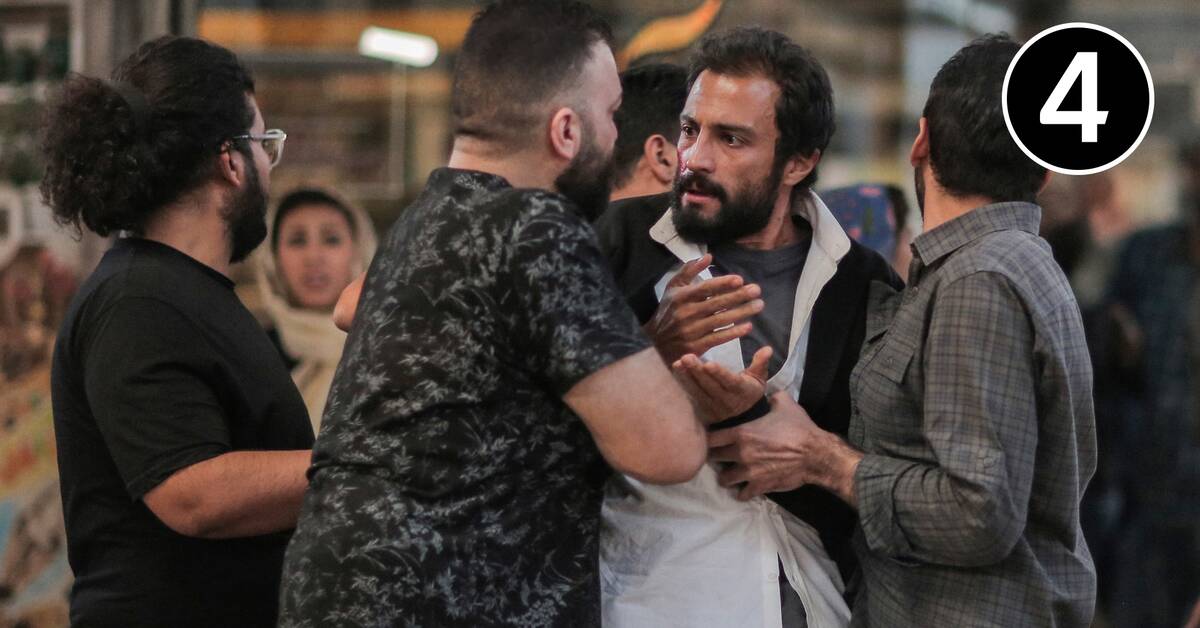In Iran, you can
end up in the finch if you do not repay your loan, which has happened to Rahim.
In the grant, he is on leave as he will try to get the creditor to whom he owes money to accept a partial payment.
Rahim's girlfriend Farkhonde has 17 gold coins that they are to sell to pay back the debt, but he has a bad conscience, because the coins were in a handbag that Farkhonde had found on the street.
He puts up notes in town about the lost property and soon the rightful owner hears from him.
The prison management hears about this, informs the media about their prisoners' altruistic act and soon Rahim is a celebrity and hero.
A narrative that is not entirely true, but almost, and that is spread by the prison management who need a little good will after another mistreated prisoner has taken his own life.
Asghar Farhadi
's latest work is an extremely intricate drama that puts an extra crooked question mark after the short but concise title;
a strange story that unfolds leisurely, that small pieces of information along the way, not only in terms of the plot itself but just as much about the main character's character and intent.
He hides a fragile soul behind an eternally smiling face.
A hero or snake behind a front of tenderness?
"You are either very smart or unusually stupid," says the director of the prison and it is only to agree with the questioning statement.
Most
involved are drawn with the same nuanced pencil, the more layers we get the further towards the unpredictable end we get.
So does the creditor who at first appears to be a difficult anal type but later gets redress in the script.
Everyone has different agendas, debt shifts back and forth, challenges our ability to refuel and process ethical info.
White lies are stacked on top of each other to support the "truth" and the moral compass is in full swing.
Asghar Farhadi usually, at his best, reports directly from urban Iran, far from the countryside of the old poetic film tradition.
He works more with ethics than aesthetics, and with his
About Ellie
,
The salesman
and above all the global breakthrough
Nader and Simin - a separation
has taken us on exciting excursions through everyday Iran.
Civil law, you could call it.
And there, Honor plays a big role.
The social reputation.
Master Farhadi
shows that it is not only young women who are affected by the culture of honor (even if they are most vulnerable), that it rather constitutes the crackling foundation of the whole society and the legal system.
He slowly zooms out, gives an ever larger picture and soon he has taken the simple premise of the entrance and created a drama that is in some tricky way complex
and
easily accessible at the same time.
He can conjure with everyday life, give it pregnancy so few others.
Especially when that everyday life takes place in a repressive society, which nowadays is backed by the mob media's mob rule.

